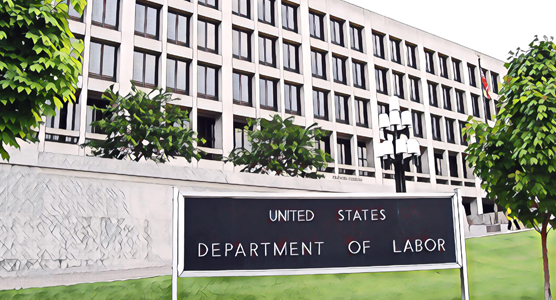Proposed Labor Department rule would expand right of federally funded contractors to discriminate based on religion

Efforts to allow taxpayer-funded discrimination have long been opposed by BJC, in part because taxpayers should not be forced to subsidize discrimination on the basis of religion. In other words, receiving federal funds means serving federal purposes.
This week, the Trump administration announced a new Labor Department rule that would broaden protections for employers who receive federal contracts to be able to hire and fire employees on the basis of the employer’s religious beliefs. Among other changes, the proposal expands the definition of “religious corporations” that are eligible for a religious exemption from nondiscrimination laws.
NBC News’ Tim Fitzsimmons reports:
The proposal is expansively written and makes clear that the “religious exemption covers not just churches but employers that are organized for a religious purpose, hold themselves out to the public as carrying out a religious purpose, and engage in exercise of religion consistent with, and in furtherance of, a religious purpose,” and also makes clear that “employers can condition employment on acceptance of or adherence to religious tenets without sanction by the federal government, provided that they do not discriminate based on other protected bases.”
… The company need not be primarily religion-oriented. It need only to declare itself to be, for instance, religious “in response to inquiries from a member of the public or a government entity.”
Under the new definition, for-profit contractors receiving federal funds could refuse to hire employees of a certain faith, or certain religious beliefs, if doing so would conflict with the religious mission of the company. The Labor Department claims these new rules will bring Department policy in line with several recent U.S. Supreme Court decisions, none of which justify this rule.
As BJC General Counsel Holly Hollman noted in the New York Times coverage of the rule, contractors would still be subject to state law restrictions on hiring and firing.
The Rule is subject to a 30-day public comment period before going into effect.




